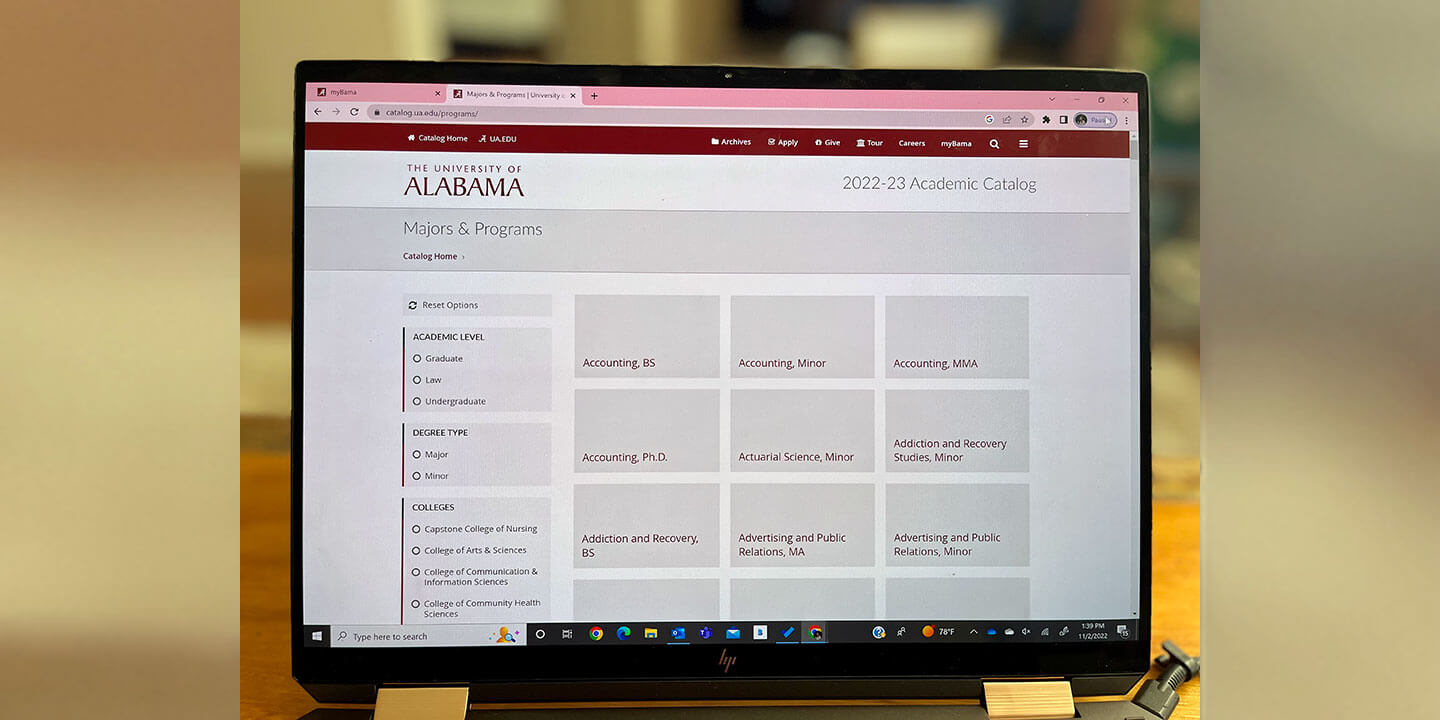
From College to the Whole Wide World
As a college senior, I am at a very important yet strange part of my life. Still a student, I have the luxury of worrying about small things such as making sure I'm prepared for the pop quizzes my accounting professor likes to surprise us with, or deciding what restaurant my friends want to eat at after a library study sesh. But as an upperclassman, I also know that my college years are coming to an end, and I can't help but think about my future ALL of the time. What job will I have? Where will I work? Am I brave enough to move to a big city? Don't even get me started on thinking about grad school. As my graduation day inches closer, here’s how I am addressing the transition from college life to the real world, and tips I've learned on how to have not just a successful college career but a functional plan for your future!
Meet with Advisors
If there’s one thing I’ve learned, it is to schedule advising appointments with your respective advisors and counselors, and to schedule them ahead of time. During my freshman year, I had a plethora of questions about my schedule, extracurriculars, and how to format my resume. I thought my questions were trivial and the answers could be found somewhere on my university’s web pages. I spent weeks going on wild goose chases, looking for the information that I needed to no avail. Fully frustrated, I finally decided to schedule an appointment with my advisor, only to find that she was booked for the next three weeks! However, when I finally met with her, all my worries were ameliorated. I received such helpful advice and from that day on, I’ve never shied away from meeting with what my school calls my “success team”, whether it be to choose my electives for next semester or just to discuss my professional goals.
Don’t be afraid to ask your advisors for help whenever you need it! They are there for you to make sure that you succeed and can provide you with specialized advice that family and friends might be unable to.
Get Organized
Something else that I’ve learned over the past few years is that staying organized matters! I went from being the person who rarely took notes, to someone who sets reminders on my phone the moment I am notified of a plan or an assignment. I’ve never missed a deadline since my second semester of freshman year, and the habit of staying organized will help you not only with school but with your future jobs. With a corporate banking internship under my belt, I’ve definitely learned that your managers expect you to be punctual and to handle multiple tasks at a time, so it was a great way for me to put my organizational skills to the test.
Manage Your Stress
Lastly, when it comes to transitioning to your future career and thinking about long-term plans for your life, the most important thing that I’ve learned is to not stress! As long as you lead a balanced life with a strong work ethic and make the most of the opportunities presented to you, you are on the right track to succeed. Never feel bad if you don’t get a position or a job! Even the most prepared candidates might not be the right fit, and that rejection might actually lead you to find a better position more suited to your skillset and personality. Of course, you should have a plan for your life post-graduation but remember to be flexible because you don’t know what life will offer you and how your interests will evolve or change!
In conclusion, while ending your undergraduate education seems like a big close to an important chapter of your life, it is really the beginning of your future. I’ve learned to make the most out of life as a college student and to not be afraid to dream big. Through trial and error, I’ve learned how to manage my scholarly and professional life in order to kickstart my career, and I hope that my tips will help you kickstart your own professional and personal journey so that you can bring your best to any situation!
Do you have a compelling story or student success tips you’d like to see published on the Pearson Students blog? If you are a college student and interested in writing for us – click here to pitch your idea and get started!






